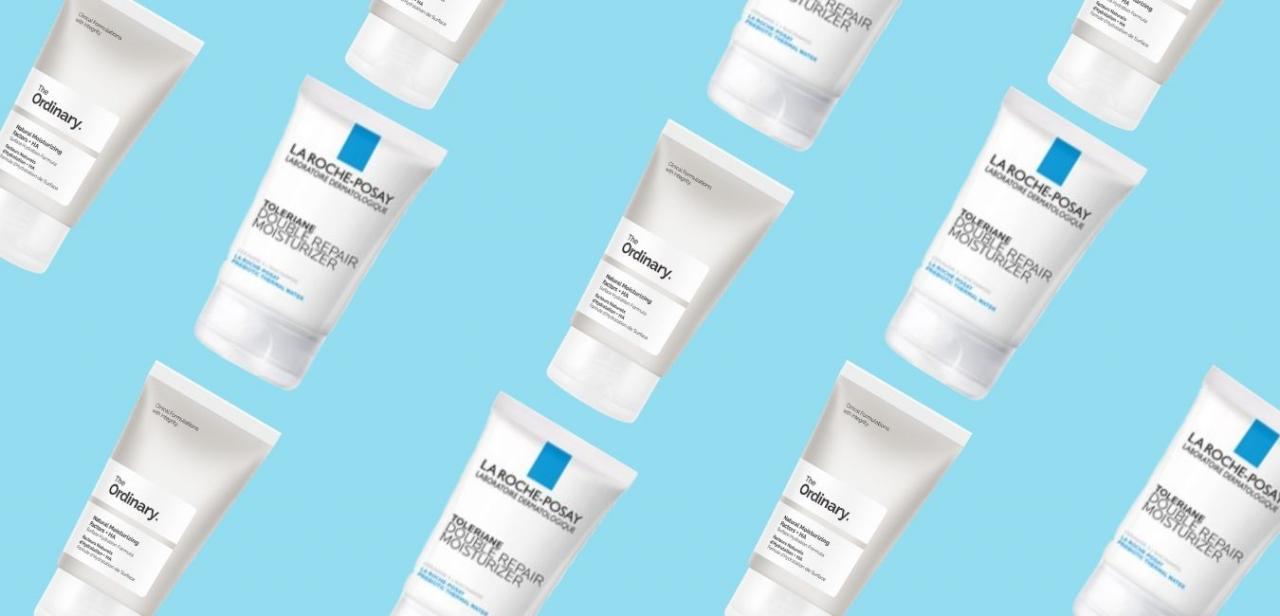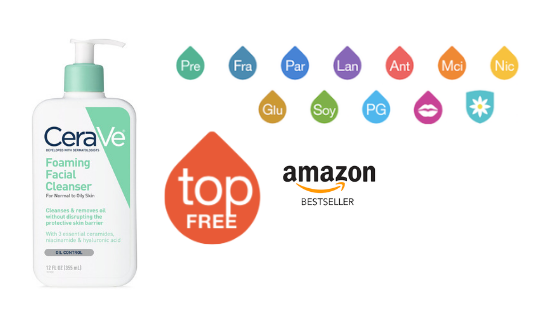Is your skin prone to breakouts? Whether you're in your teenage years or well beyond them, an acne problem can be very frustrating. Acne is caused by irritation of the hair follicles at the base—they get clogged, inflamed and sometimes can get infected. Clogged pores can cause a blackhead or whitehead to form.
As children begin their adolescent (puberty) years, the influx of hormones can cause more breakouts. There is also a connection between acne and family history, so if your parents had bad skin breakouts at some point in their lives, you may be more prone to have acne, too. There has been no definitive link between the food you eat and acne. Stress doesn’t cause acne, but if you are particularly stressed and often have breakouts, stress may worsen your skin. In addition, if you wear a helmet for sports or work, you may notice irritation of the skin where your helmet sits.
Acne is different for everyone, and it can occur on the facial skin or on the body. The severity of your particular case will determine if you need to see a doctor. If you have acne, you may want to ask your doctor or dermatologist the following questions:
- What is acne? When skin sebum (an oily substance) gets trapped on its way to the skin’s surface, it mixes with dead skin cells and bacteria. This clog is what turns into the acne breakout. There are several different types of acne.
- How is acne diagnosed? There is no test to diagnose acne. A doctor or dermatologist can look at the affected skin and determine if it is acne.
- How is acne treated? There is no cure for acne. However, many patients have experienced improved skin using topical treatments and modifying their skin care routine. There are abundant products and regimens on the market claiming to clear acne, and doctors may prescribe prescription strength medicines and treatments. Here is a list of treatments: https://www.empowher.com/condition/acne/treatments
- What is the long term risk? Acne will typically clear up on its own over time if treated and allowed to heal. Some people simply grow out of it when they age. Some people continue to have breakouts well into their adult years. People with acne may experience feelings of depression. Acne rarely requires surgery. Lasting effects may include scarring and can be treated separately by your doctor or a dermatologist.
- Is all acne the same? Some cases of acne are relatively mild and can be managed by using non-irritating soaps and moisturizers. If you are frustrated by it, it can be treated with a prescription lotion or topical agent to help clear up the skin.
- What can I do at home to help clear up my acne? It’s important to be gentle to your skin. Don’t rub or scrub it; it can cause skin to be more irritated. Use non-irritating, fragrance-free moisturizers and cleansers daily (CeraVe, Cetaphil, Neutrogena, Basis, etc.). Bath time should be limited to 15 minutes or less and use warm water rather than hot water that can remove oils from the skin. Avoid the sun, which can irritate the skin, and can also be especially harmful if taking some medications for acne.
Call your doctor and seek additional treatment, particularly if your condition worsens or is particularly bothersome.
Do you have a question about acne? Check out EmpowHER’s Acne page. Sign-up, post a question, share your story, connect with other women in our community and feel EmpowHERed!
Resources:
https://www.empowher.com/condition/acne Acne
http://www.nlm.nih.gov Acne
Christine Jeffries is a writer/editor for work and at heart, and lives in a home of testosterone with her husband and two sons. Christine is interested in women’s health and promoting strong women.




